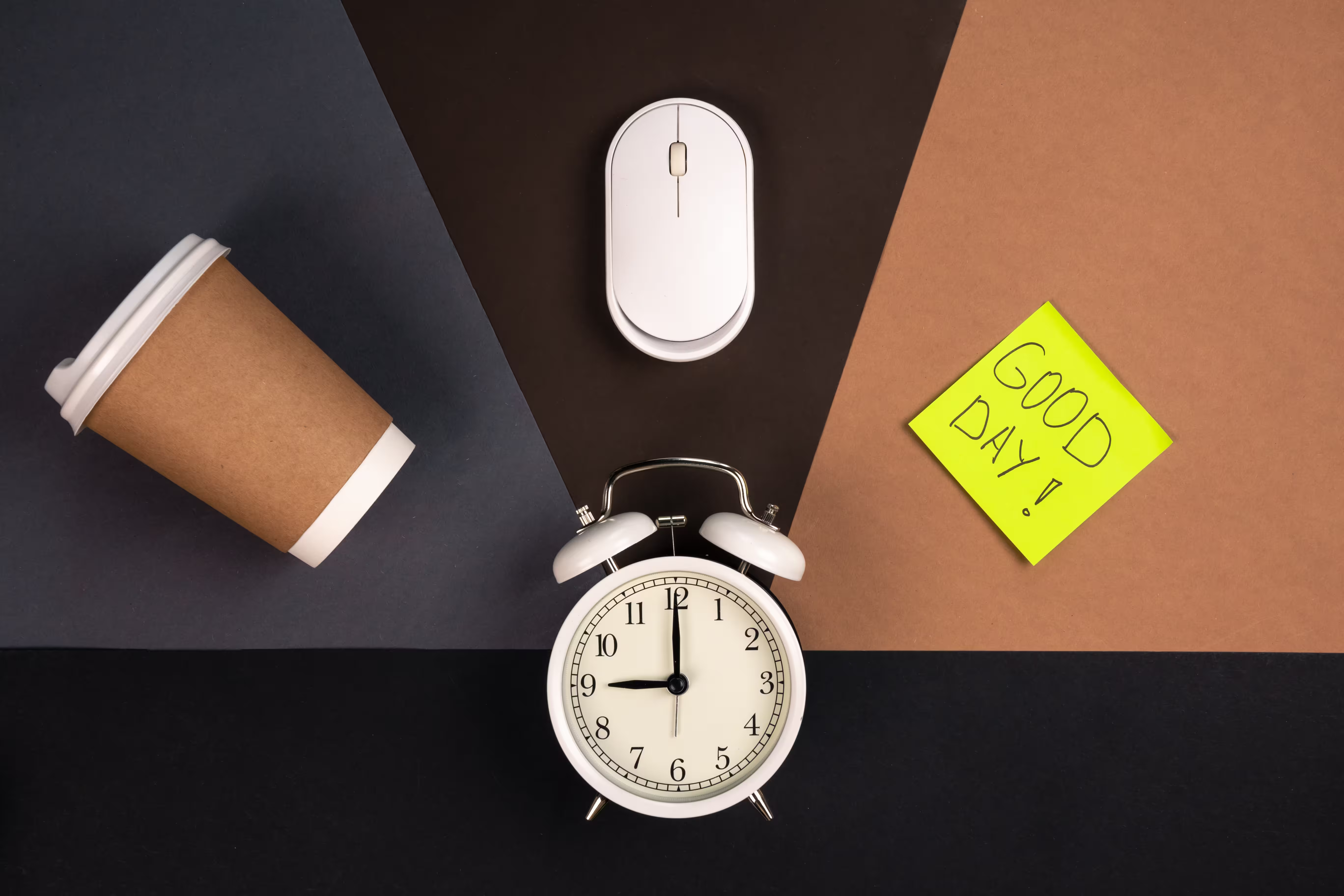All too frequently in recent times, in the newspapers and on the nightly news, we’ve become accustomed to seeing images of exhausted NHS doctors at the peak of stress and overwhelm. However, those images are unlikely to be of Dr Mark Luciani because he feels he has found the best tool possible to help him cope.
Dr Luciani is an experienced practitioner of GTD® who has used it at various stages of his medical career to help him manage his work and life, from starting out as a junior doctor, to becoming a GP, to taking on his current management and leadership roles. In addition, alongside a demanding day job, he pursues diverse voluntary interests and hobbies outside of work, too.
We asked Mark to give us an insight into how GTD helps him get all of this done…
“I have been practising GTD for over 5 years and it’s a constantly evolving process that has supported me across several different phases of my life and career.
“As a junior doctor, or Senior House Officer (SHO), the principles of capture, clarify & next actions were essential. In the hectic environment of a hospital, junior doctors scribble notes on pieces of paper of all kinds, crumpled in pockets, for each call they receive. For me, however, I had my notebook and pen, where I would consistently capture all the info I could hastily scribble down during a call. Then, when I had a moment, I would sit down and clarify what the situation was with each of those calls, and determine: what is the next action I must do? This meant I could have a stress-free handover in the mornings or evenings, as I knew exactly what needed to be updated and delegated to my colleagues who were taking over.
“Moving next into the area of general practice as my career evolved, I had a more independent role with long-term management of patients with complex needs and multidisciplinary requirements. For this kind of work, GTD helps me view every complex issue as not a "Problem" but a "Project" and by organising actions and lists according to what I need to do before the next step can happen, I can manage dozens of complex cases simultaneously.
“An essential component of GTD as a process is that it is not rigidly prescriptive. When working in general practice an urgent case can come through the door at any moment and generate rapid re-prioritisation. The flexibility of GTD enables me as the practitioner to triage and assess which Next Actions on my list require my attention in the moment, and having my GTD system behind me also means I can leave the practice at night knowing that everything is accounted for. No insomnia of wondering whether I forgot something while I lie in bed!
“Currently, as a portfolio GP, I am at a stage in my career where I hold multiple roles;
- I am a Clinical Lead in an Integrated Care Board (ICB) where I am actively involved in, or leading, approximately 10-12 workstreams
- I am self-employed and therefore managing my own finances and work schedule
- I am an elected representative for my Local Medical Committee
- I am involved in medical education and peer support.
“GTD helps me manage all of the above. I know every email in my inbox from across these roles has been clarified and organised and the ones that require an action are accounted for. It also means that my work AND my personal life are all part of my own Horizons of Focus, and I am the one who decides how to prioritise my time, as I sit down every week in my GTD Weekly Review to review ALL my Projects & Tasks.
“This will include all the personal projects that I have alongside my career and work projects. I rehabilitate my two elderly rescue Staffies with my partner, enjoy my daily runs and cooking new recipes, play & run board and roleplay games with friends, and write & publish game design in a monthly community magazine. Even when I was a busy junior doctor, I used GTD to plan my wedding that year as well!
“With so much going on, the Weekly Review® is an essential tool in helping me prevent overwhelm, as I take stock of my available time, my priorities, and my energy levels to help me decide what to postpone and what needs my attention this week. Of course, there are weeks where I “fall off the wagon” of my GTD routines but when I return to it, it is like finding an oasis in the desert.
“As I reflect on my profession as a whole, I notice that NHS and other healthcare staff are inundated with training offers of how to improve their wellbeing, de-stress and care for their mental health. These are useful tools, and I have used them myself at times, but they do nothing to support colleagues in HOW to manage the overwhelm and workload that has led them to feeling stressed to begin with, and they tend to focus on tackling the stress generated by work once they are back home. It’s like throwing someone into the deep-end of the pool, watching them thrash about and crawl out coughing up water, then offering them help to cope with their near-drowning experience and throwing them back in the pool the next day!
“Maybe we should rethink our approach and start teaching them how to swim?”
Wouldn’t THAT be a lifesaver?
Subscribe to our newsletter
Want to receive tips on how to live a more productive and stress-free life?





.avif)
.avif)
